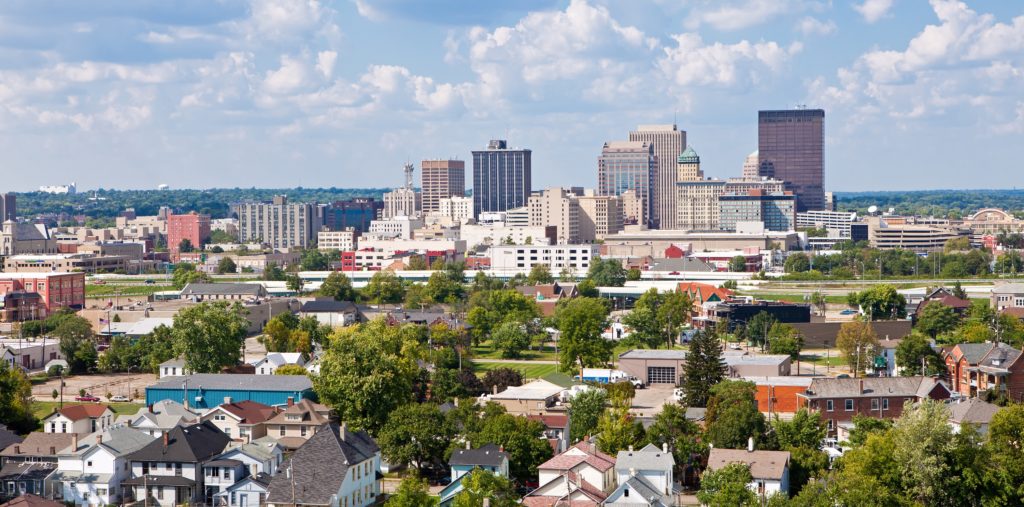Cities face unrelenting demands on policy priorities. Affordable housing, transportation, economic development, climate action, and other pressing issues compete for limited resources and funds. Now is a moment in time, however, when the opportunity to make significant progress toward carbon emission goals, to stimulate the local economy and to reduce the ongoing energy burden for owners and renters is attainable by many cities at very little cost or effort.
Over the next eight months, the 2021 version of International Energy Conservation Code (IECC) is being updated by governmental members of the International Codes Council (ICC). The IECC governs a majority of states and cities, and we have the potential for a 15% increase in efficiency using currently available technology and design practices. A 15% improvement in just the commercial code would mitigate 37 million tons of carbon emissions by 2030, equivalent to taking eight million cars off the road. Impacts from an improved residential code would add even more savings. But, only if eligible voters register and cast their ballots for efficiency improvements.
How the IECC works
The IECC is unique: It’s the only I-Code that delivers energy bill savings to home and building owners as well as occupants. Imbedding permanent efficiency measures at the point of construction means the savings benefits perform the entire decades-long lifespan of the building. In fact, efficiency measures are easiest and most cost-effective to install during construction.
Historically, many jurisdictions have left voting on the IECC to their fire and building departments. However, cities are recognizing this year that they can boost their voting power by registering additional departments to vote. Planning departments, affordable housing agencies and sustainability divisions that are engaged in the “administration, formulation, implementation or enforcement” of local requirements and are current ICC members will be able to cast ballots on the final efficiency, solar and electric vehicle proposals for the 2021 IECC this fall. But time is short. The deadline to register as an ICC member is March 29, 2019. For city departments to join ICC and exercise their right to vote, they must register at www.iccsafe.org/membership/join-icc-dues-applications.
Proposals for efficiency
This is an important opportunity for city and state governments to step up participation in the 2021 IECC update process as a way to curb emissions that are fueling climate change while keeping money in the pocket of consumers with lower energy bills. So what’s proposed for the 2021 IECC? New Buildings Institute (NBI) along with a broad set of partners are working on measures that, when approved, would update efficiency stringency in the IECC up to 15%. NBI and collaborators submitted roughly 30 technical proposals covering four broad themes including:
Flexibility for the Future. Proposals advance flexibility in commercial and residential energy codes by including multiple options that can be selected for improved efficiency that may be effective in some situations but not in others. These provisions can lower energy use while providing projects the flexibility to choose the path to efficiency that works best. See proposals
Ready & Resilient. Proposals augment the code to ensure that buildings are ready for a future of greater resiliency and zero energy performance. They update existing requirements and definitions to align them with current market and policy trends and introduce new requirements to ensure that buildings built today can adapt to these emerging trends. See proposals
Commercial. Proposals cover a wide range of issues and improve the commercial section of the IECC by adding efficiency, clarifying requirements and creating greater flexibility for code users and jurisdictions. See proposals
Residential. Proposals cover a wide range of issues and improve the residential section of the IECC by adding efficiency, clarifying requirements and creating greater flexibility for code users and jurisdictions. See proposals
For more information and to learn more about the 2021 IECC code advancement process, visit:
- NBI’s 2021 IECC webpages
- View an on demand webinar on the IECC process and proposals
- Energy Efficient Codes Council
- 2021 IECC fact sheet
Contact Amy Cortese, Director of Programs, to learn more.


